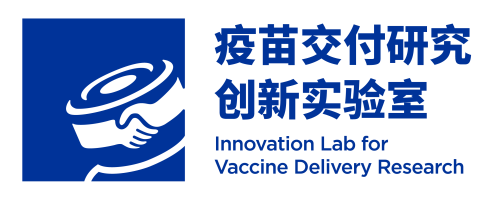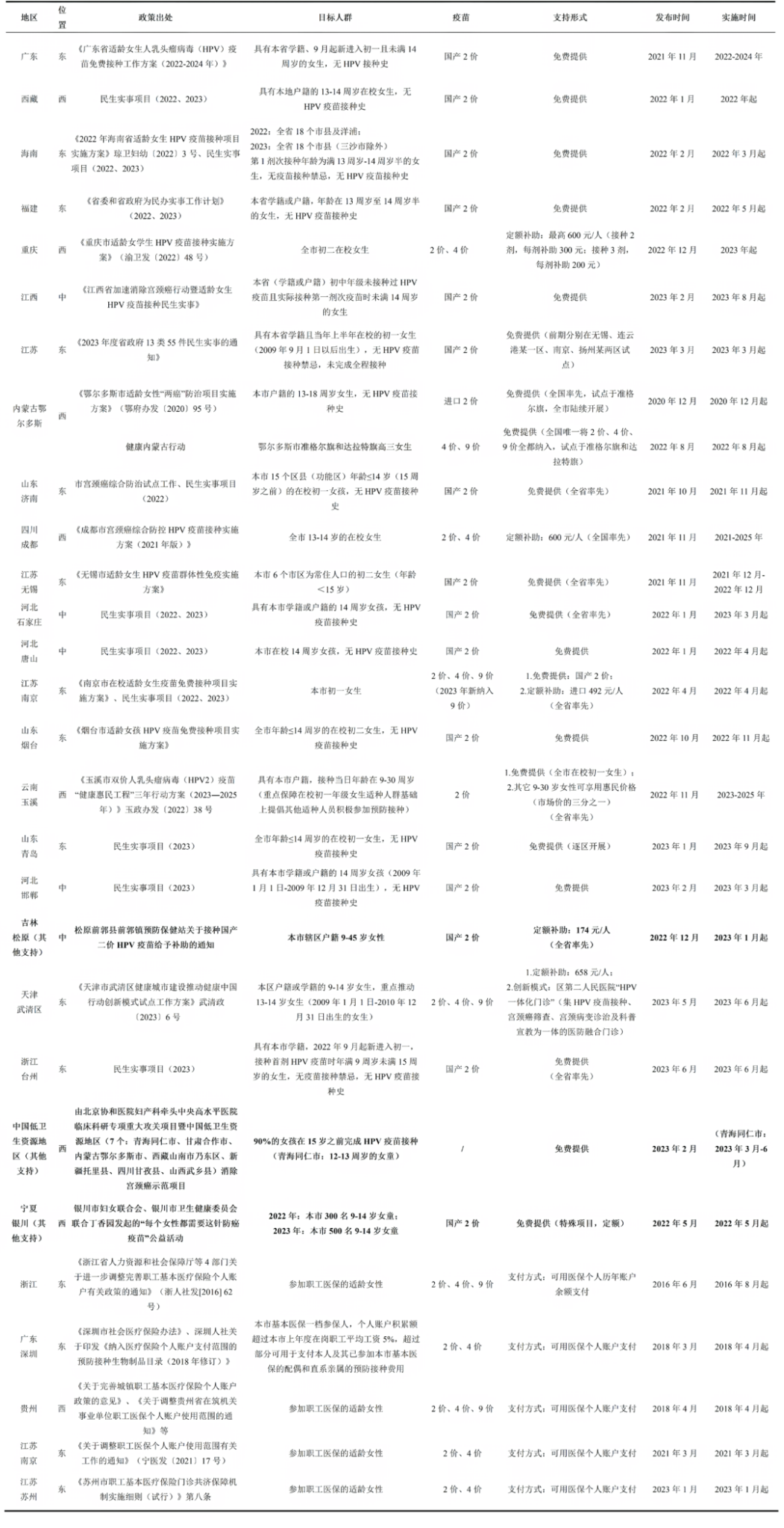To maximize vaccines’ public health impact and ensure equitable access, WHO established the Strategic Advisory Group of Experts (SAGE) on Immunization in 1999.
SAGE was formed by integrating two predecessor bodies—the Scientific Advisory Group of Experts from the WHO Vaccine Development Program and the Global Advisory Group of the Expanded Program on Immunization. Initially focused on vaccine introduction, coverage enhancement, and safety assessments, SAGE’s mandate has evolved to “lead global immunization” efforts by providing evidence-driven guidance for large-scale immunization programs and rapid responses to public health emergencies
Evidence-Based Decision Making
At the heart of SAGE’s work is a rigorous evidence-based approach. SAGE members are selected through an open nomination process that ensures diverse, geographically balanced representation. All members serve on a voluntary, four-year term and must declare any potential conflicts of interest.
SAGE employs the GRADE framework to systematically assess evidence—from randomized controlled trials, real-world data, cost-effectiveness analyses, to pilot studies—categorizing it as high, moderate, low, or very low quality. This structured approach informs the development of Vaccine Position Papers, which, after endorsement by the WHO Director-General, become official global immunization guidelines.
In situations of limited evidence or public health crises, SAGE utilizes an “evidence grading–pilot validation–policy adjustment” model. During the COVID-19 pandemic, SAGE rapidly adapted its recommendations based on emerging clinical trial data and real-world effectiveness studies, implementing strategies like heterologous prime-boost immunization and dose optimization.
Future Prospects
Over the past 25 years, SAGE has profoundly shaped global immunization strategies with its commitment to scientific rigor, transparency, and adaptability. Its evolving, evidence-based approach ensures that vaccines reach those in need, safeguarding billions of lives and strengthening public health worldwide.
Looking ahead, SAGE faces complex challenges from climate change, population displacement, and vulnerabilities in the vaccine supply chain, particularly in low- and middle-income countries. To address these issues, SAGE plans to strengthen regional immunization policy centers, enhance cross-sector collaborations, and adopt innovative, data-driven approaches . These efforts aim not only to optimize vaccine uptake and coverage but also to build resilient immunization systems capable of safeguarding public health on a global scale.
More can be found in this article:
Marti M, Nohynek H, Duclos P, O’Brien KL, Hombach J. The Strategic Advisory Group of Experts (SAGE) on Immunization-Past, Present and Future. Vaccines (Basel). 2024 Dec 12;12(12):1402.
Content Editor: Ziyi Zhu
Page Editor: Ziqi Liu





